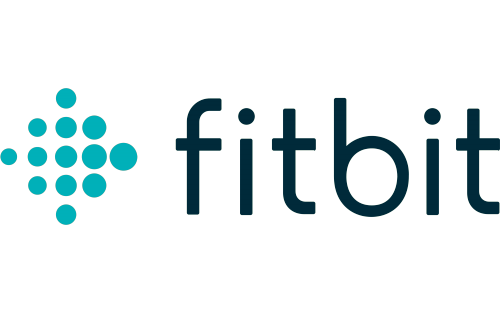The mHealth or Mobile Health sector has seen great growth in recent years, especially when the pandemic began, as mHealth offers services that medicine as we knew it had not been able to offer. Thanks to Mobile Health companies and their health apps, it has been possible to treat patients remotely, manage data in a way that makes them more clearly visible, etc. As shown in the report by our sector analysts (click here to see it)mHealth has a more than positive projection and its usefulness is just beginning.
In this post we will focus on the 3 most relevant mHealth companies according to our expert analysts, as they are the companies of the moment. They are: Headspace, Fuzzy and Fitbit.
Headspace; a guide to mindfulness and meditation sessions
This US digital platform aims to guide you and teach you how to do meditation, through articles, animations, videos, etc. via its app. With personal care being a very marked trend in the sector, especially mental care rather than physical care, this company has become one of the mHealth companies of the moment. In fact, last August, it carried out an operation to buy another very relevant company today, Ginger. It is also an American company dedicated to mental health care, providing access to emotional support through coaching, therapy and psychiatry.

In turn, Headspace also bought Alpine.AI in 2018, a company that specialises in connecting consumers with its business on Google Assistant and Amazon Alexa. This gives an idea of Headspace's strategy to differentiate itself from its competitors through targeted advice via voice applications in its health apps.
In terms of funding received, Headspace has conducted 10 rounds of funding, raising a total of 215.9 M$. Last year, it conducted four rounds raising 140.7 M$ from a total of 17 investors. The main investors were: Blisce, an American Venture Capital focused on helping entrepreneurs build mission-driven global consumer technology companies and Pacific Western Bank, a community bank more focused on investments to Software development companies.
Fuzzy; the startup to take care of your pets
Pet care has always been expensive until this American startup came to market. Fuzzy aims to make this accessible and affordable by connecting pet parents with vets 24 hours a day. It was founded in 2016 and has already helped more than 750,000 pets in what could be called pet health apps.
In terms of numbers, in 2019 Fuzzy acquired Fetch Labs, another digital platform to help you deal with your pets. And it has already completed 4 rounds, raising a total of 36.5 M$, the last one on 2 March 2021, claiming to be the company's largest round (18 M$). The lead investor in that deal was Greycoft, an American VC focused on technology start-ups and investments in the Internet and mobile markets.
Fitbit; wearables for everyday life
Fitbit offers compact, wireless, wearable sensors that track a person's daily activities to promote healthy living. This data is uploaded to the website allowing the user to check the development of their goals. This website offers a motivational interface allowing users to compare themselves with other users' friends or share their results. Fitbit was the second most downloaded health app during the pandemic (4.8M), behind only Calm (8.6M), another app focused on meditation and relaxation. Fitbit wearables can also have other health apps installed on their devices.

Fitbit was established in 2007 and has already realised 6 mergers and acquisitionsThe most recent of these was in 2018, when it bought Twine Health, a cloud-based collaborative care platform for chronic disease management. Fitbit went public in June 2015 with a valuation of almost 450 M$ and a share price of less than $1 per share.
In 2019, Google's acquisition of the company was announced at a price of 2.1 mM$. The deal was completed on 14 January this year.
